We have all found ourselves in a whirlwind of ever-changing information about skincare and beauty, and to be honest, navigating it all can be frustrating. Some skincare habits changed or evolved over time, while the other, traditional ones, remained the way to go since ancient times (with some improvements, naturally).
In this blog, we’ll debunk some of the most common skincare myths and misconceptions, helping you to navigate the turbulent sea of information and make informed decisions for your skin health.
Contents
Oily Skin Doesn’t Need Moisture
Almost every other person with oily skin has avoided using creams or hydrating moisturizers, believing that they would only make their skin more oily.
Every skin type, even oily skin, needs a hydrating moisturizer. If it doesn’t get enough moisture, our skin thinks it’s drying up and produces extra sebum, which leads to – even oilier skin. So, toss the whole idea out the window and give your skin the hydration it definitely needs.
Diet Has No Impact on Our Skin Health
Diet certainly does have an impact on our skin. When it comes to the health and appearance of your skin, the saying, “you are what you eat” appears true. Our bodies require certain ingredients and nutrients to work effectively. For example, eating foods rich in antioxidants contributes to a healthy complexion and a vibrant appearance of your skin.
On the other hand, eating sugary and processed foods may lead to more breakouts. Refined sugars and processed substances in foods can contribute to inflammation in the body, causing redness and discomfort. And what about hydration? Skip the alcohol when possible, and maintain your skin’s shine and suppleness by drinking enough water throughout the day.
Higher SPF Means Better Protection
We’ve all been there, replacing our regular SPF 30 with the “stronger” SPF 50, thinking it will provide better protection for our skin.
This myth is easy to believe because, logically, it makes sense – however, above a certain level, the difference in effectiveness becomes quite small. While SPF of 30 blocks out 97% of UVB rays, an SPF 50 blocks 98% UVB rays, and therefore, for everyday use, SPF 30 is perfectly enough.
The More You Scrub, the Better
Exfoliation is beneficial to your skin because it removes dead skin cells and promotes skin regeneration. By removing debris and dead skin, your pores become less clogged, and there is less likelihood for various skin issues, such as acne. However, it’s important to note that while exfoliation in general is good for your skin, over-exfoliating can be damaging. It can weaken your natural skin barrier and increase the chance of redness and irritation.
Makeup Causes Pigmentation, Breakouts, and Aging
Wearing makeup does not indicate that your skin will worsen over time. However, certain chemicals and an irregular skincare routine might affect your skin. According to dermatologist Michele Green MD, certain substances in makeup, such as parabens, fragrances, and talc, might impact your skin’s natural processes.
Makeup can also trap free radicals and push them deeper into your skin, causing increased oxidative stress. That’s why it’s important to choose the products free of the “bad ingredients”, clean your face thoroughly each evening, and hydrate regularly.
Clean Beauty Products Are Less Effective Than Regular Ones
Clean beauty simply means that those skincare products are free of hormone disruptors, carcinogens, and ingredients that could cause allergies and irritations- such as parabens, sulphates, phthalates, formaldehyde, or polyethyelene. The ingredients in clean beauty products could but don’t have to be organic – the only condition is that they are free of toxins. And while some people believe that products containing harsh chemicals work better and faster than clean products, that is simply a myth. Clean products are better for your skin, overall health, and the environment.
Expensive Is Better
Remember when you splurged on a high-priced product only to discover it wasn’t working for your skin as well as you had hoped? Well, guess what? High price tag doesn’t necessarily mean that the cream you just bought will work wonders on your skin. While pricier skincare can contain better, rarer, and more concentrated ingredients, without proper research of your skin type, condition and needs, buying expensive skincare can be a waste of money. Consult your dermatologist or beautician first, learn about skincare, its ingredients, types of treatments, healthy diets (and Mysa is here to help!), and then invest into a product that will suit your skin best.



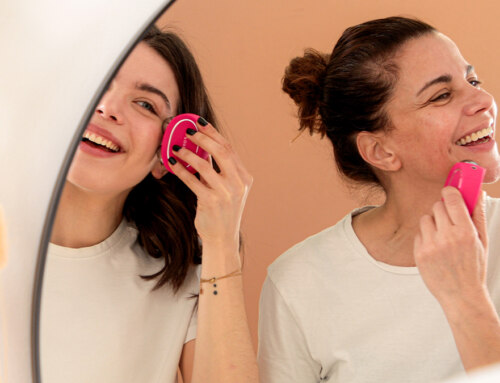
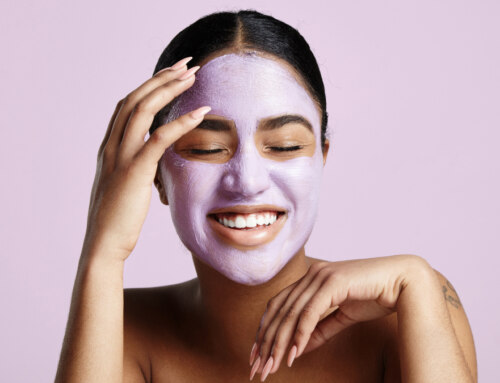
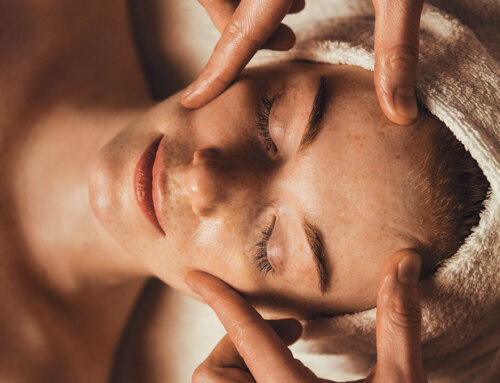


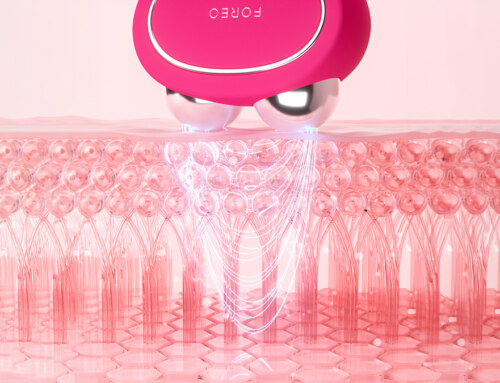





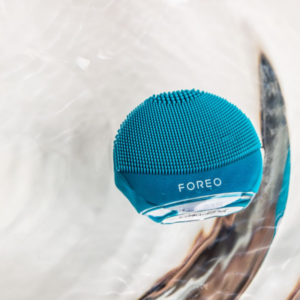

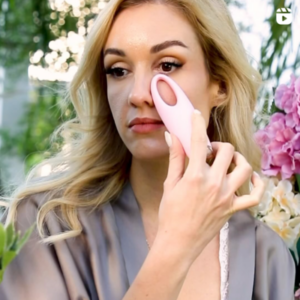
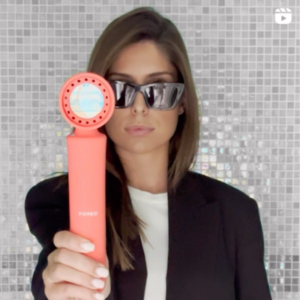
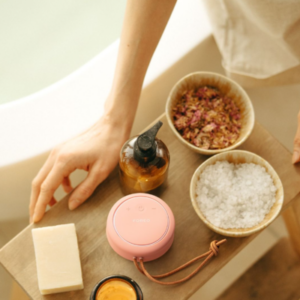

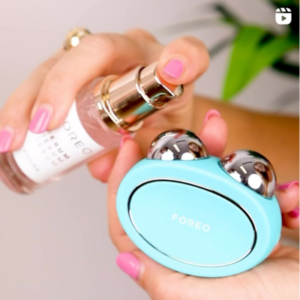
This topic is very interesting. Thanks
Hello, hello! We are delighted by your nice comment! Stay tuned as more interesting articles are coming your way :)